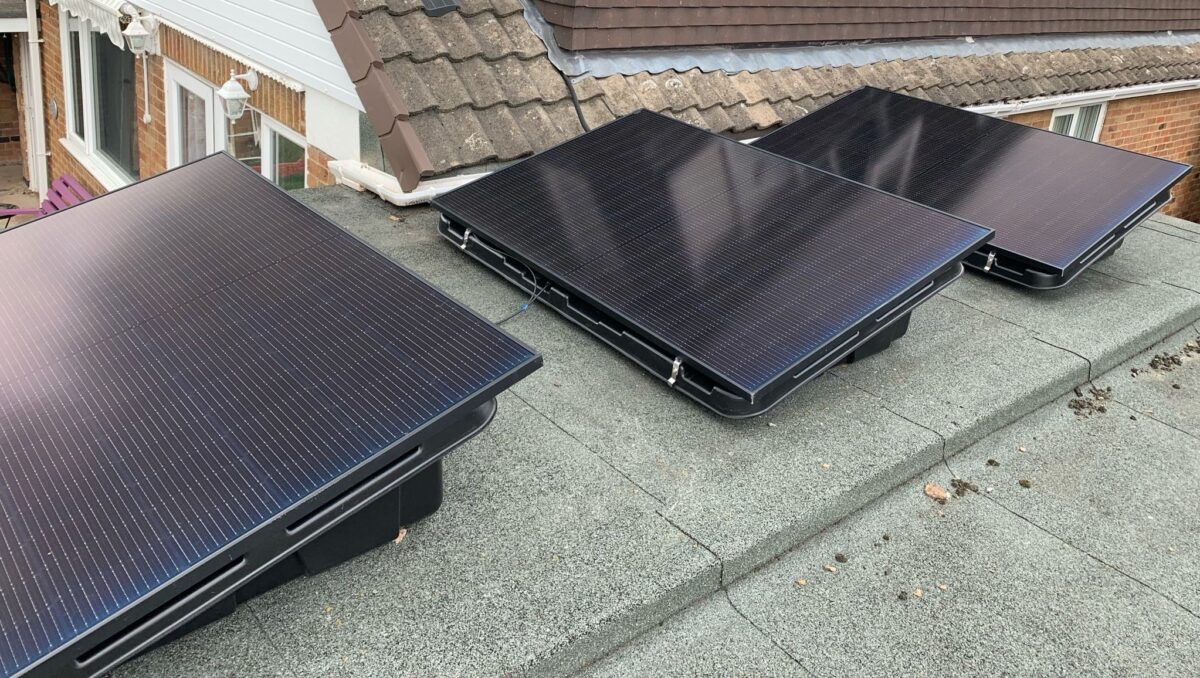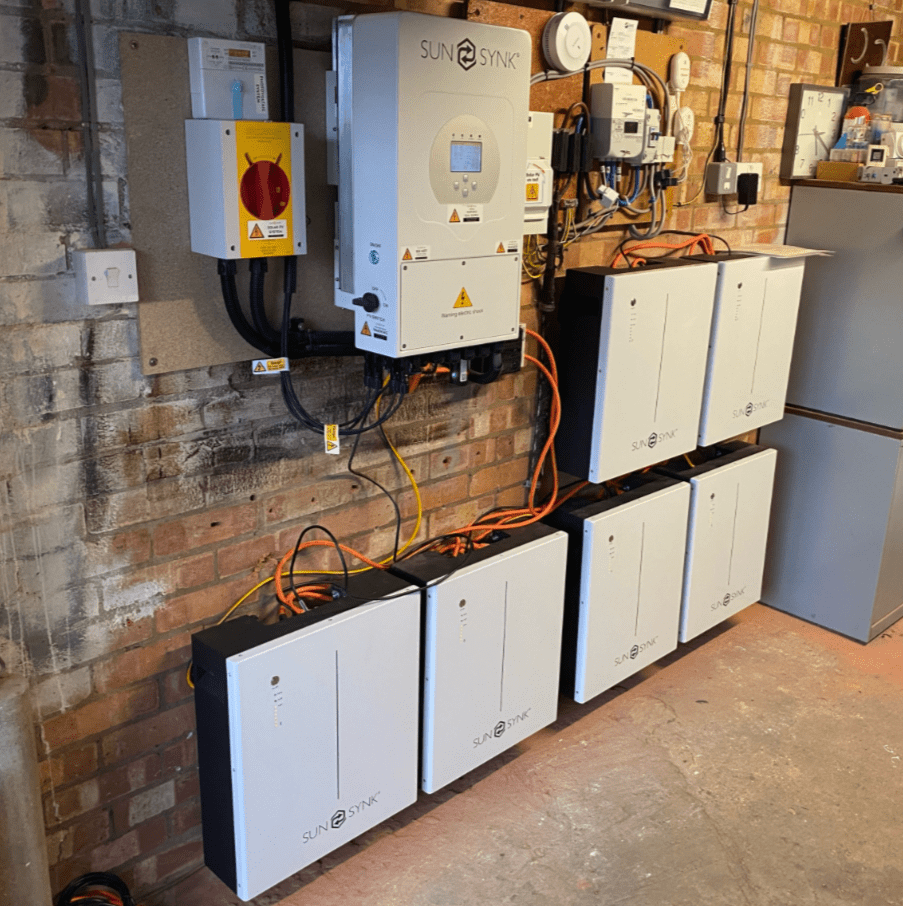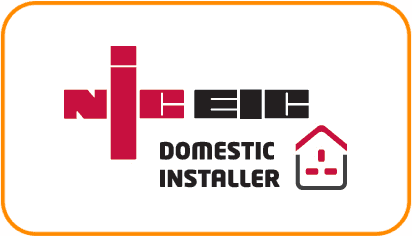Grounding electrical systems of a solar panel installation is another reason why Solar PV Installations should be monitored after installation, in order to maintain the solar panel’s effectiveness.
Grounding the electrical equipment, this includes the solar panels themselves and the solar panel racking system, in order to prevent potential electrical shocks or fires that could occur from incorrect grounding of the electrical equipment. Now that’s not to say problems occurring from the un-grounded electrical systems was the installer doing a poor job, in fact the grounding system has a chance to degrade over time, and only regular monitoring of the system will be able to detect this issue and prevent it from developing into a legitimate fire hazard on top of your roof.
Something else to be aware of when dealing with electrical equipment in solar systems is the threat of lightning and related static discharge; this is the number one cause of sudden, unexpected failures in PV systems. Lightning does not have to strike directly to cause damage to sensitive electronic equipment, such as inverters. It can be miles away and invisible, and still induce high voltage surges in wiring, especially in long lines. Fortunately, almost all cases of lightning damage can be prevented by proper system grounding.
Grounding electrical equipment means connecting part of your system structure and/or wiring electrically to the earth. During lightning storms, the clouds build up a static electric charge which causes accumulation of the opposite charge in objects on the ground. Objects that are insulated from the earth tend to accumulate the charge more. If the potential difference (voltage) between sky and the object is great enough, lightning will jump the gap.
The importance of preventing a fire on top of your roof goes without saying, but I’ll say it anyway, don’t let your roof get set on fire!

















